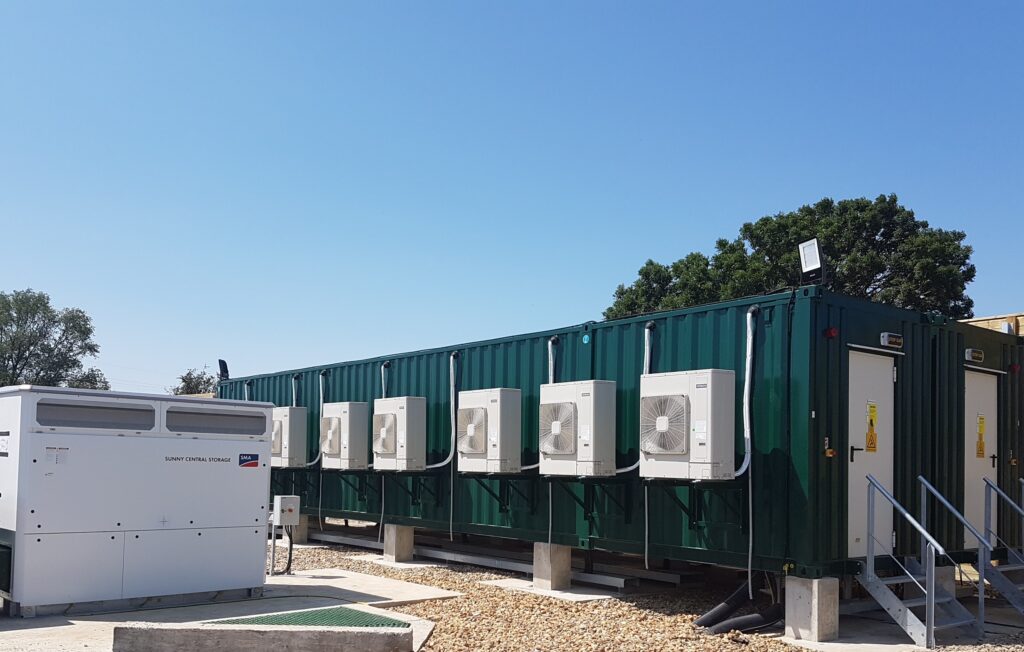An inquiry into the role battery and fuel cell technologies will play in the UK’s path to net zero has been launched by the House of Lords Science and Technology Committee.
The Committee has invited written contributions to help it explore how batteries and fuel cells should be integrated into the UK’s energy system as well as to what extent batteries could be used for energy storage and frequency management on the grid.
It is also looking to find out if the right funding and support is in place to enable the research and commercialisation of both technologies and whether the UK is positioned to become a leader in their manufacture.
With the country targeting net zero greenhouse gas emissions by 2050 and planning to ban the sale of new petrol and diesel cars from 2030, there needs to be “considerable scale-up” of battery manufacturing and electric vehicle charging infrastructure as well as advances in the capacity and charging times of battery systems, according to the Committee.
Committee chair Lord Patel said both batteries and hydrogen fuel cells “could have an important role” for heavy transport such as lorries and trains if technological challenges can be overcome.
“As part of this important inquiry, the committee also seeks to understand the potential role for battery and fuel cell technologies in other sectors (for example aviation, agricultural machinery, heat production), and will consider how these technologies will interact with the wider energy system,” he said.
During a panel discussion earlier this week at the Energy Storage Summit 2021, hosted by our publisher Solar Media, it was suggested that the UK’s battery storage market has now become a viable investment opportunity, even without the backing of long-term contracts for grid services.
Written contributions to the committee inquiry should be submitted by 29 March 2021.






